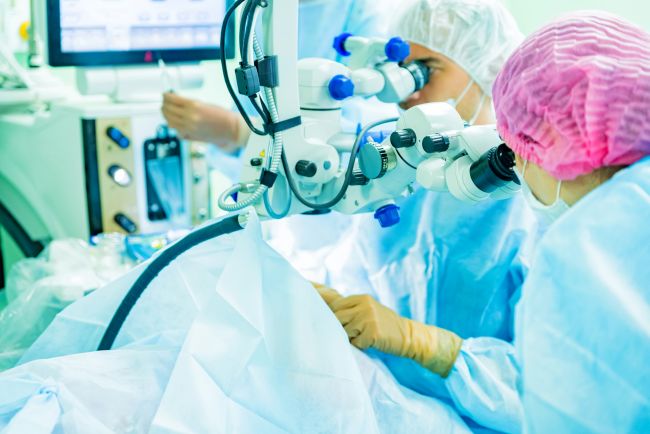Heuvelmans, et al. (2021) state that duodenoscopy-associated infections occur worldwide despite strict adherence to reprocessing standards.
They note, "The exact scope of the problem remains unknown because a standardized sampling protocol and uniform sampling techniques are lacking. The currently available multi-society protocol for microbial culturing by the Centers for Disease Control and Prevention (CDC), the Food and Drug Administration (FDA) and the American Society for Microbiology, published in 2018 is too laborious for broad clinical implementation. A more practical sampling protocol would result in increased accessibility and widespread implementation. This will aid to reduce the prevalence of duodenoscope contamination."
The investigators explain that, "To reduce the risk of duodenoscopy-associated pathogen transmission the FDA advised four supplemental reprocessing measures. These measures include double high-level disinfection, microbiological culturing and quarantine, ethylene oxide gas sterilization and liquid chemical sterilization. When the supplemental measures were advised in 2015 data evaluating their efficacy were sparse. Over the past five years data regarding the supplemental measures have become available that place the efficacy of the supplemental measures into context. As expected the advised supplemental measures have resulted in increased costs and reprocessing time. Unfortunately, it has also become clear that the efficacy of the supplemental measures falls short and that duodenoscope contamination remains a problem. There is a lot of research into new reprocessing methods and technical applications trying to solve the problem of duodenoscope contamination. Several promising developments such as single-use duodenoscopes, electrolyzed acidic water, and vaporized hydrogen peroxide plasma are already applied in a clinical setting."
Reference: Heuvelmans M, et al. A narrative review on current duodenoscope reprocessing techniques and novel developments. Antimicrobial Resistance & Infection Control. Vol. 10, article number 171 (2021).
